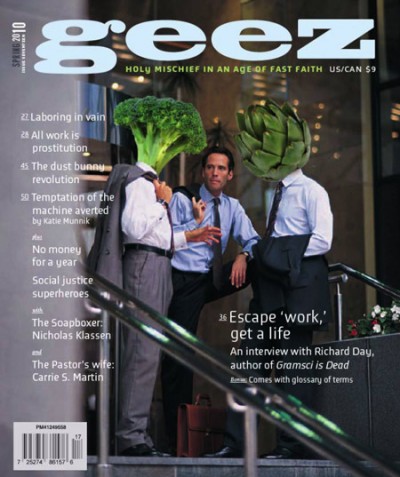Pope Mockery
Late in December 2009, the Vatican reinforced its stance on the protection of its image by announcing restrictions on the name, images and symbols of the Pope.
The “Declaration on the Protection of the Figure of the Pope” protects the Pope from “the unauthorized use of his name and/or the papal coat of arms for ends and activities which have little or nothing to do with the Catholic Church.”
In this way, the Vatican seeks to control the image of its top official. Perhaps this is an effort to dissuade such uses as “Park the Pope!”, an online flash game in which the head of the church seeks pizza; or, “Boom Boom Pope,” a remix of a popular song with lyrics that include, “My church is really dope .?.?. I have more power than the Queen”; and the popular online nickname, “Pope Eggs Benedict.”
Leonce Aubin, Chancellor of the St. Boniface Archdiocese in Manitoba, doesn’t believe that there has been a noticeable increase of infringement on the image or nature of the Pope or the Vatican.
While some on the internet are up in arms about this decision, Aubin isn’t concerned that this will turn people away from the church, particularly youth. “It’s not complete restrictions; it just needs to be used in good taste. It doesn’t say it shouldn’t ever be used. Certain institutions, especially those in line with the mission of the person, can use it.” It’s a matter of respect, he said.
Widely reported as a copyright issue this may not be so. Michael Jason, a teacher of copyright law at the University of Manitoba, said, “Copyright is when a statement or art is protected.” Trademarks, on the other hand, concern “the use of word or image to indicate quality of product.” While this pronouncement from the Vatican was almost universally reported as a copyright issue, Jason remarked that nowhere in the pronouncement does it mention either copyright or trademark. “It seems like the Vatican is just putting everyone on notice,” he said.
Perhaps the biggest news is not the church itself. All it is guilty of is asking that people not abuse their holy figure. More suspect is the reporting on the church and faith as a whole – particularly online, where the Pope, even in serious news coverage, is often a punchline.



Sorry, comments are closed.